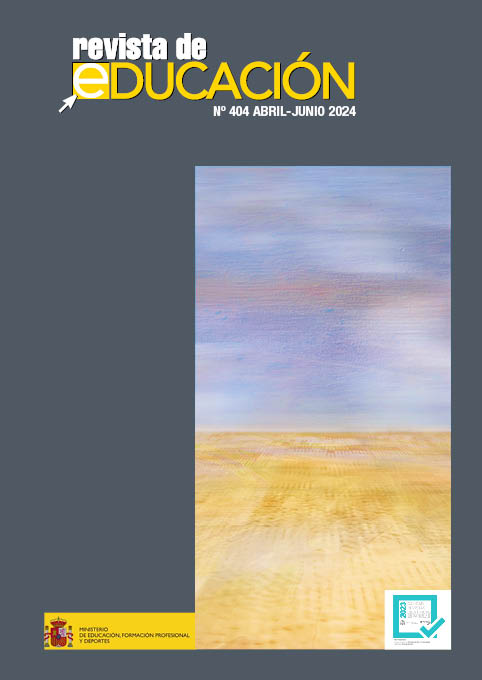Mismos rendimientos, diferentes trayectorias. Estatus social, desempeño escolar y decisiones tras la educación obligatoria
Contenido principal del artículo
Resumen
La literatura sociológica ha desplegado grandes esfuerzos para esclarecer el efecto que tiene origen social en las trayectorias educativas. Esta influencia se ha analizado tanto de forma directa a partir del impacto que tiene el origen social en las decisiones escolares, como indirecta, tomando en consideración el rendimiento escolar (Boudon, 1974). No obstante, hasta la fecha en España, el estudio de efectos primarios y secundarios se ha realizado tomando en consideración un escenario dual (bachillerato versus formación profesional). En consecuencia, no han sido considerados aquellos que, habiendo terminado la educación obligatoria, no alcanzan ningún título de educación post-obligatoria. Esto supone dejar de analizar una parte importante de la juventud en términos poblacionales.
El presente trabajo trata de dar cuenta del papel del origen social considerando el rendimiento educativo del alumnado en un contexto de elección múltiple (Abandono, Formación Profesional o Bachillerato). Nuestro propósito radica en saber en qué medida el origen social actúa sobre las decisiones escolares cuando medimos a individuos que tienen el mismo rendimiento, medido a través de las puntuaciones en Lengua del último curso. Empleando la encuesta longitudinal del Panel de Educación y Transiciones al Mercado Laboral de Andalucía (IECA, 2010 y 2018), nuestros resultados indican que el efecto directo del estatus socioeconómico explica hasta dos tercios en la variabilidad de las decisiones educativas tras la educación postobligatoria. Por otro lado, el efecto indirecto del origen social, es decir, su influencia en el rendimiento académico logra explicar hasta un tercio de la variabilidad de las decisiones educativas. Lejos de desaparecer, el estatus socioeconómico sigue condicionando las decisiones educativas incluso cuando se controla por rendimiento. Por último, estos resultados corroboran la existencia de un efecto de compensación en los estudiantes de alto estatus socioeconómico y bajo rendimiento.
Palabras claves: desigualdades educativas, origen social, desempeño escolar, decisiones educativas, estatus social, clases sociales, abandono escolar, efectos primarios y secundarios

